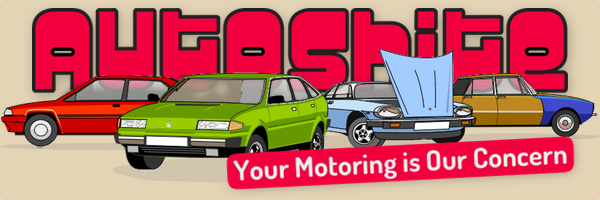Top 10 Sixties Rep-mobiles
-
Similar Content
-
Floppy tops.
By 2flags,
- 5 replies
- 620 views
-
- 5 replies
- 791 views
-
Back For More off for another floppy top 1 2 3
By Back_For_More,
- 71 replies
- 6,320 views
-
- 1,123 replies
- 138,563 views
-
- 131 replies
- 21,183 views
-





Recommended Posts
Create an account or sign in to comment
You need to be a member in order to leave a comment
Create an account
Sign up for a new account in our community. It's easy!
Register a new accountSign in
Already have an account? Sign in here.
Sign In Now